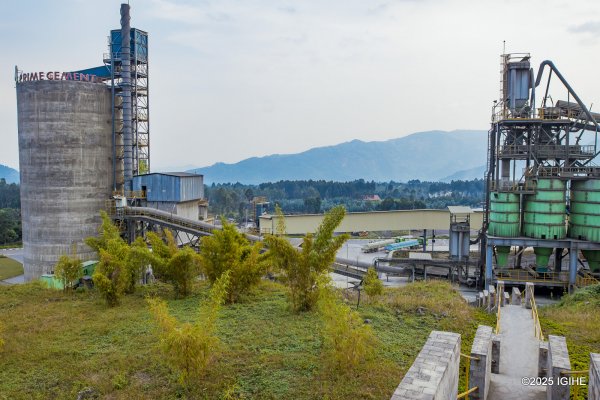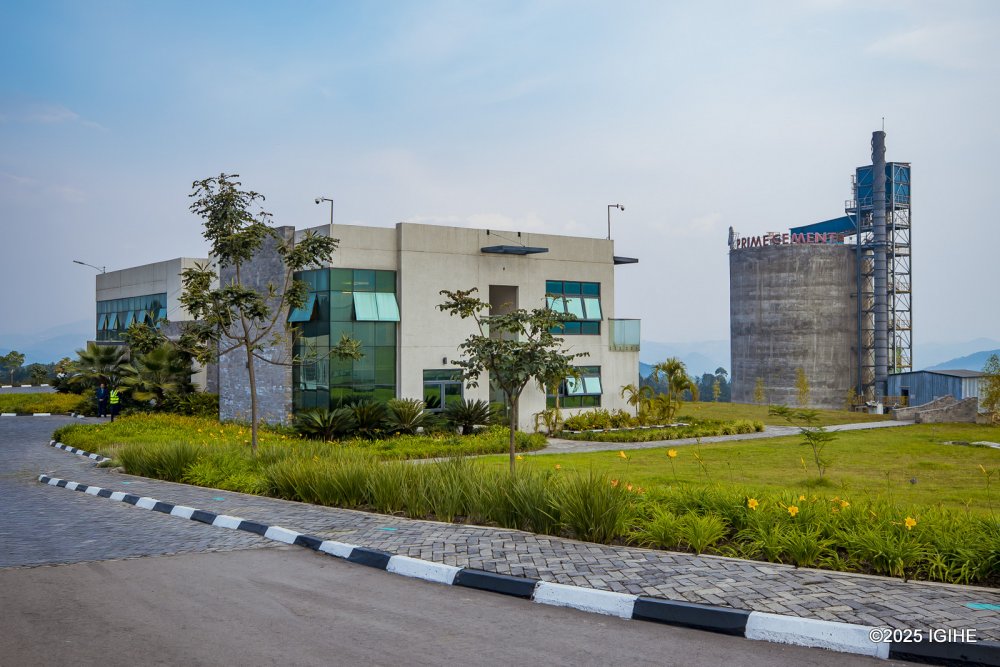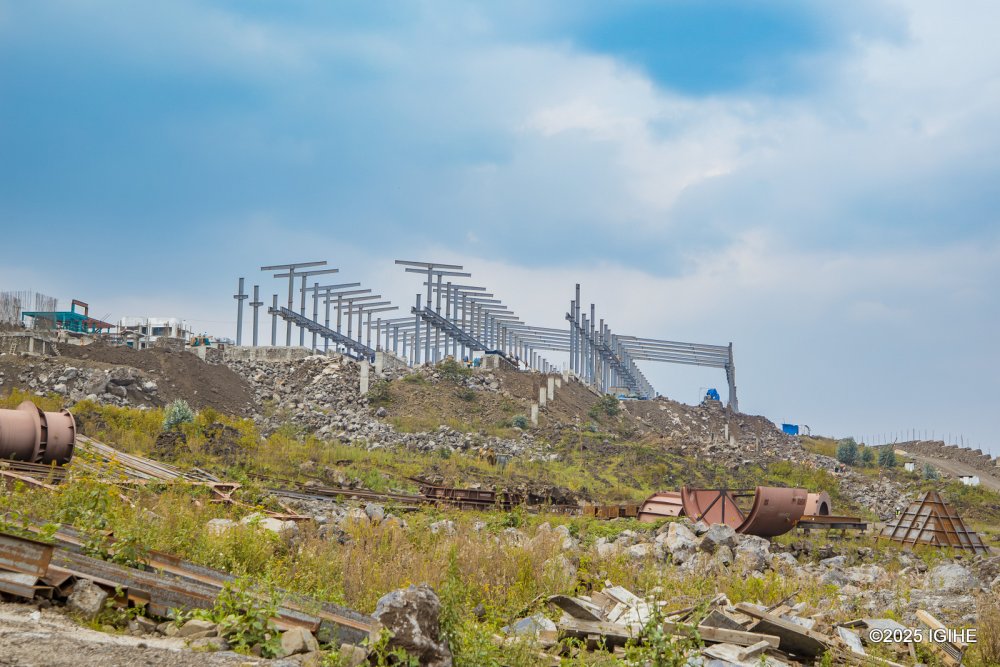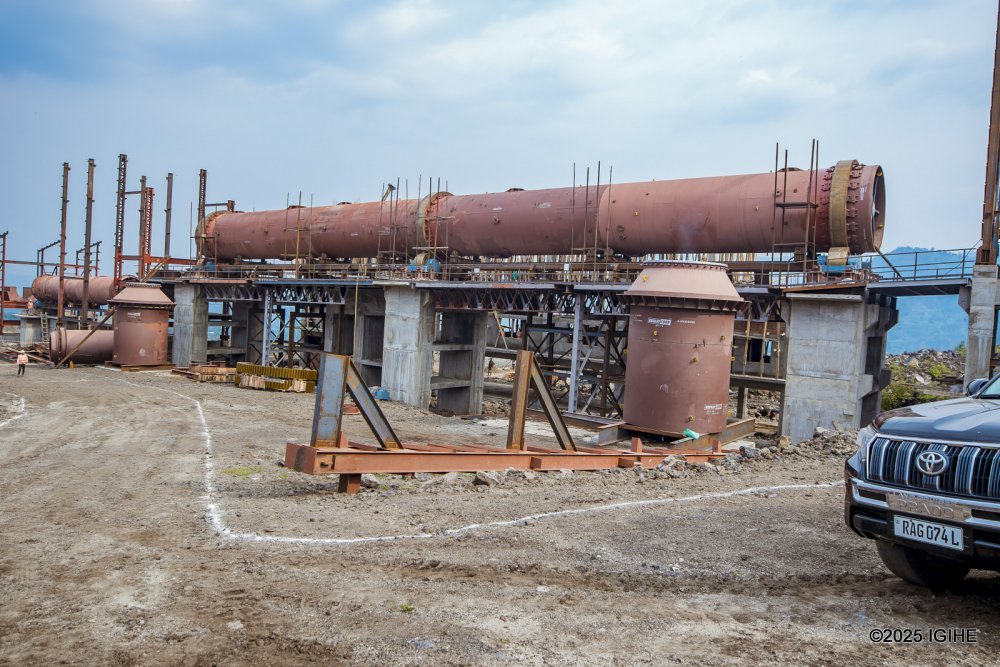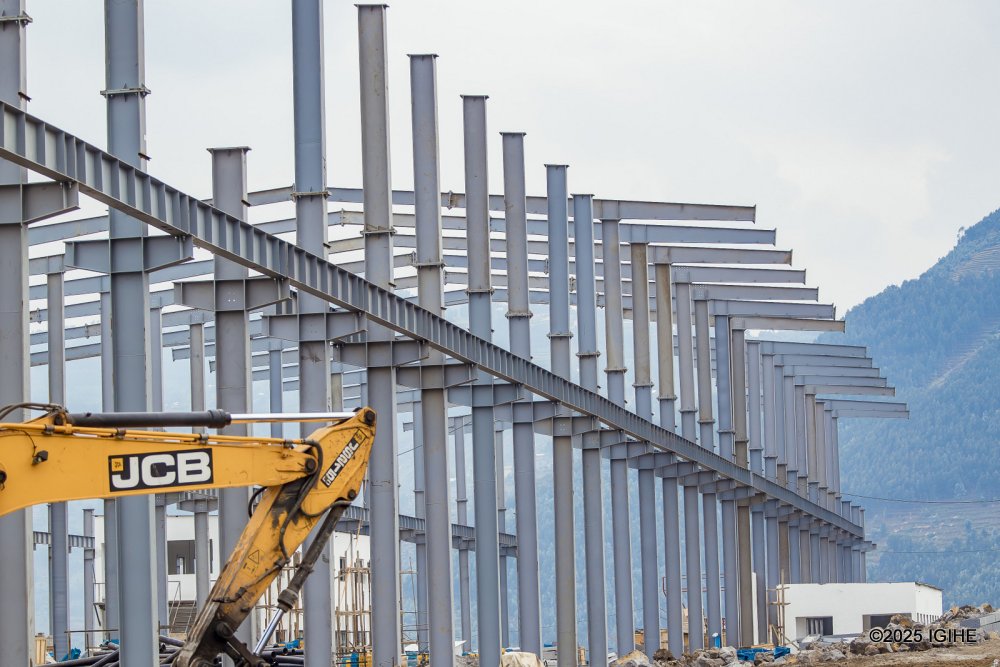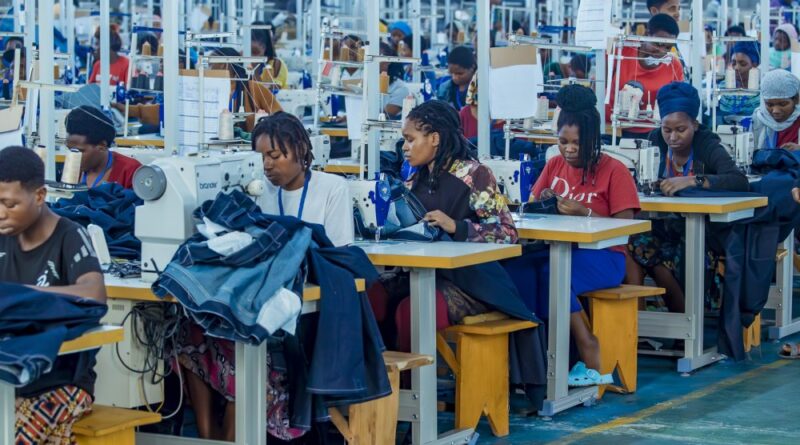Rwanda to boost industries and investments in Steel, Minerals, and Petroleum
The Government of Rwanda has announced that in the 2025/2026 fiscal year, it will focus on new investment projects aimed at driving national economic growth and expanding the industrial sector.
This plan is outlined in the annual report of the Ministry of Trade and Industry (MINICOM), which details the current state of the economy and the outlook for the coming years.
The Ministry stated that Rwanda aims to increase the value of its exports to $4.9 billion by 2026, up from $4.2 billion in 2024/2025. This target will be achieved through the promotion of industries that process agricultural products, produce cooking oil, construction materials, and refine mineral resources.
Among the major projects expected to support this goal is the A1 Iron & Steel plant, located in the Musanze Industrial Zone. The factory will manufacture construction steel materials such as Fer à béton, wire rods, flat bars, and I-beams.
Another major project is the Rwanda Mountain Ceramics plant in Muhanga District, which will produce ceramic tiles using local clay. The $60 million investment will provide over 200 permanent jobs.
In the mining sector, the Golden Tree Mining company from Dubai is expected to establish a factory that will process tantalum, lithium, and niobium, positioning it among the most advanced mineral-processing facilities in East Africa.
In the construction materials sector, CIMERWA is set to build a new clinker production plant in Musanze District to reduce the country’s heavy spending on clinker imports, which currently cost Rwanda over $4.5 million per month.
Another key initiative is the establishment of a special industrial park for leather products in Bugesera District, aimed at increasing the value of exported hides and skins, which are often shipped raw.
According to MINICOM, industrial growth is projected to reach 10% in 2025/26, up from 3% in 2024/25. Currently, food processing industries account for 24% of the sector, beverages 29%, construction materials and machinery 8%, while textiles and leather contribute another 8%.
In the energy sector, Rwanda plans to expand its petroleum storage capacity from 110 million liters to 320 million liters over the next two years. The new capacity will be achieved through additional storage facilities built across the country.
Trade and Industry Minister Prudence Sebahizi said that Rwanda is opening up opportunities for investors in petroleum storage, with profit margins per liter expected to rise from 8 Rwandan francs to between 12 and 14 francs.
In the 2024/2025 fiscal year, Rwanda spent $637 million on petroleum imports, up slightly from $636 million the previous year.
Overall, this comprehensive plan aims to strengthen Rwanda’s industrial output, promote investment based on natural resources, and reduce the trade deficit in international markets.
